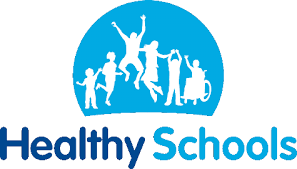For all the latest English curriculum news, please click here.
The subject lead for English at Darwen St James is Mr Broughton.
The overarching aim for English in the national curriculum is to promote high standards of language and literacy by equipping pupils with a strong command of the spoken and written word, and to develop their love of literature through widespread reading for enjoyment. The national curriculum for English aims to ensure that all pupils: read easily, fluently and with good understanding develop the habit of reading widely and often, for both pleasure and information acquire a wide vocabulary, an understanding of grammar and knowledge of linguistic conventions for reading, writing and spoken language appreciate our rich and varied literary heritage write clearly, accurately and coherently, adapting their language and style in and for a range of contexts, purposes and audiences use discussion in order to learn; they should be able to elaborate and explain clearly their understanding and ideas are competent in the arts of speaking and listening, making formal presentations, demonstrating to others and participating in debate.
English Curriculum
LEARNING TO READ AND READING TO LEARN
At DSJ we recognise that learning to read, understanding what is read, and reading for pleasure unlocks everything else a child needs to learn to do. As reading is so important, we have a carefully structured approach to giving them that key.
EARLY READING (SEE THE EARLY READING PAGE FOR ADDITIONAL INFORMATION)
When children are in the early stages of reading at DSJ, they are taught phonics daily in developmental groups. Straight after their phonics session, children are given the opportunity to practise these skills within a well chosen book in a guided reading group. Most children will be in the early stages of reading until the end of Y1 but occasionally, some children will need this method of teaching higher up the school. In order to accommodate this, we have trained staff who can take groups of children during whole class reading sessions so they can access work that is appropriate for their needs.
WHOLE CLASS READING
Once children have mastered the basics of phonics and are able to use this to support their reading, we move on to whole class reading sessions.
The main focus in Year 2 is to develop fluency so there is lots of modelled, shared and choral reading to support the children with this. Some cohorts of Y2 will be ready to move onto whole class reading in the Autumn Term but other cohorts will need to continue guided reading groups until the Summer Term. We adapt and change in this year group depending on what is best for the children.
VIPERS
As children become more confident and fluent readers, the emphasis moves from fluency to comprehension. During whole class reading, we use VIPERS to ensure that we teach all of the domains of comprehension that the National Curriculum requires. VIPERS is an acronym to aid the recall of the 6 reading domains. They are the key areas which we feel children need to know and understand in order to improve their comprehension of texts.
The letters in VIPERS stand for:
VIPERS is not a reading scheme but rather a method of ensuring that teachers ask, and children are familiar with, a range of questions. They allow the teacher to track the type of questions asked and the children’s responses to these which allows for targeted questioning afterwards.
READING FOR PLEASURE
READING AREAS / LIBRARIES
We are very blessed at DSJ as we are able to have many reading areas throughout the school. Lower down the school, we have reading areas within the classrooms. In KS1, LKS2 and UKS2, we also have shared reading areas which the children can go to to change their class readers or to enjoy some time sitting and reading.
These areas are looked after by Mrs Ainsworth and Miss Davidson - our adult librarians. They ensure that all of the children change their reading books and library books which go home once a week. They are helped by a team of mini librarians.
TRiC
At DSJ, we believe that it is important to set aside time each day where the children hear stories for enjoyment. As such, we have introduced TRiC (Teacher Reading in Class) time. This is where the children can relax and enjoy a story read by an adult. Through this, the children will hear an age appropriate book read with prosody by an adult. For UKS2 classes, the book read in TRiC will often be the one that they are working on in whole class reading sessions. This enables them to hear the full novel rather than just a section.
BRINGING BOOKS HOME
BANDED READING BOOKS
The books that your child brings home depends on where they are in their learning journey. Children who are in a guided reading group with a phonics focus will bring home a well rehearsed book each week. They will have read this book and should take delight in reading it to you.
Children who are developing their fluency and are taken out of whole class reading to work as a small group, will bring the book home that they have been reading that week. The adult that they have worked with may ask them to read the sections that they have already read in school with you (with a focus on prosody) or they may ask them to read the next chapter.
Children who take part in whole class reading sessions will bring home a banded book that is at the age appropriate level. These children will not be familiar with this book and so may stumble over some words but should be able to decipher them using a variety of methods.
LIBRARY BOOKS
All children are given the opportunity to choose a book to take home and read for pleasure each week. This may be a book that they cannot read themselves. Please enjoy sharing this book together and do not put any pressure on your child to read it all by themselves.
For all the latest Phonics and Early Reading curriculum news, please click here.
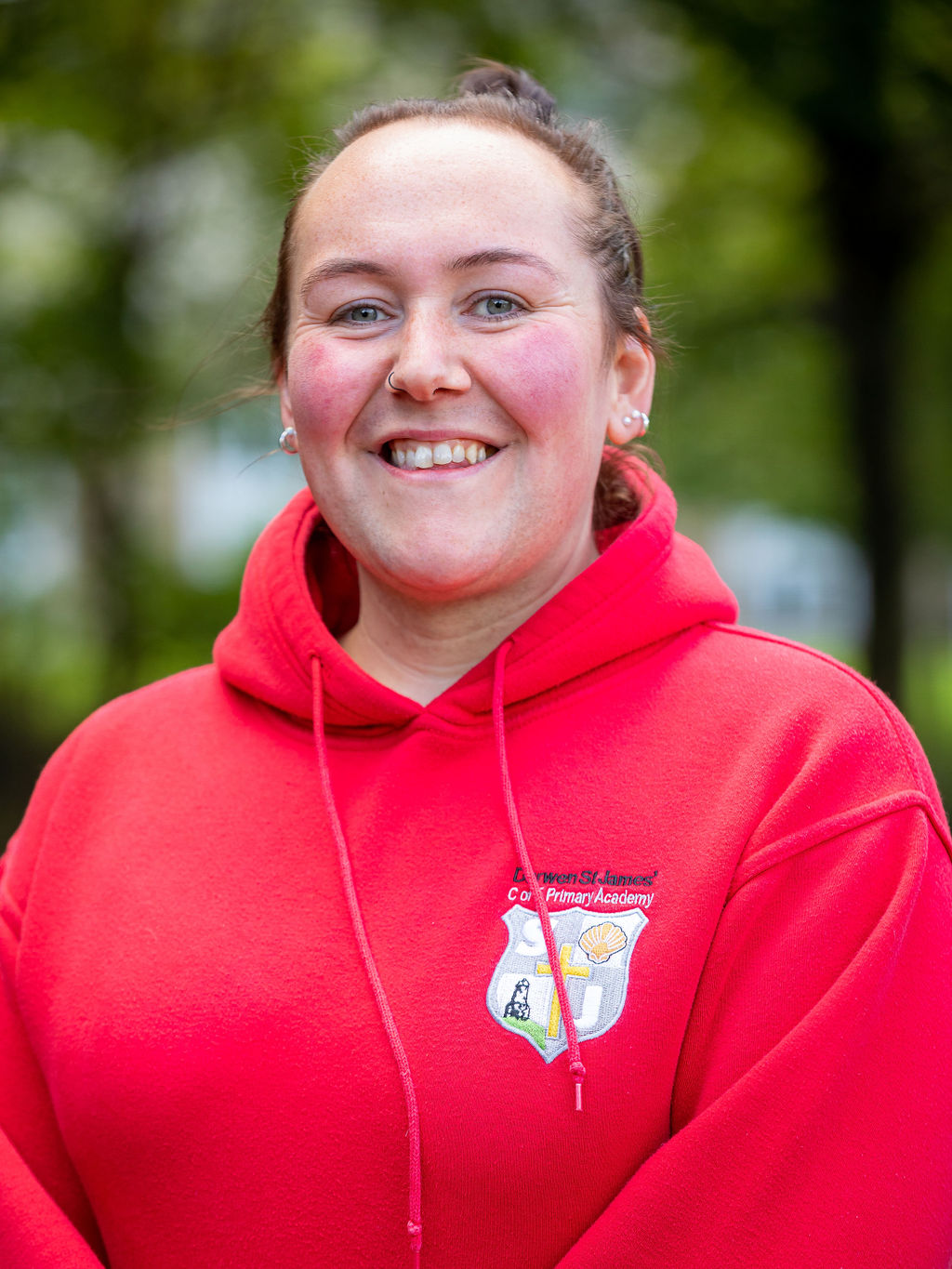
The subject lead for phonics and early reading at Darwen St James is Miss Sears.
Phonics is one of the most important building blocks when learning how to read. It is the simple matching of written letters (graphemes) to sounds (phonemes). These are then blended together to read words and, later on, captions and sentences.
Phonics
We use Bug Club Phonics as our synthetic phonics scheme. This enables us to create able readers and writers.
Bug Club Phonics provides;
- A solid foundation in reading for all: Written by the same authors of the Clackmannanshire study, Bug Club Phonics uses the systematic synthetic phonics approach. This heavily influenced current government policy as it was shown to give the best foundation in reading for all children regardless of social and economic background. DfE approved scheme.
- 180 fully decodable readers: With fiction and non-fiction titles from Phases 1 to 5 ensuring children read from books with the sounds they know as they are learning to read.
- Accessible and inclusive phonics teaching: Evidence shows keeping the children together fosters a sense of social inclusion and boosts the performance of children progressing more slowly.
- Meet the requirements for the new Ofsted framework: A detailed analysis so you may be confident in Bug Club Phonics’ ability to support your school in meeting the new requirements.
- Comfortable and confident learners: Videos of well-known CBeebies characters are weaved into lessons and characters, such as the Alphablocks, appear in the books helping to link the children’s home environment with the school.
- A rich and varied reading experience: As part of the Bug Club family you can choose when to weave in readers that aren’t fully decodable to ensure enthusiasm for reading is nurtured.
- Frequent and detailed assessment: In addition to the end of unit and phase summative assessments, appropriate and informal assessment opportunities are offered in the daily lessons and through fun games in the online world.
- Extra help for those who fall behind: Guidance on how to support those who fall behind is provided throughout.
Children at Darwen St James' have daily phonics lessons, which last for 20 - 30 minutes.
KS2 children do receive phonics teaching as part of their catch-up, this could be whole class direct teaching and/or intervention groups.
Phonics Progression
Information for Parents about our Phonics Scheme
Here is an information video about Bug Club Phonics
Our new scheme is now linked to our reading books so your child will access stories that our linked to their current phonics level. This will help them to practise and consolidate their learning.
Bug Club Phonics
Click on the phonics sound board below to hear the correct pronunciation of the phonemes.
SPELLING
At DSJ, we use the scheme ‘Spelling Shed’ to teach children spelling once they are confident within phonics. From Y2 upwards, the children have a 15 minute spelling session 3 times per week. This is broken down into the following areas:
Session 1 - Revise and Introduction
Each lesson contains a revision section where children revisit sounds/spelling patterns from earlier in the scheme. In the introduction, children will be acquainted with the words of the week. There will be an explanation of how the words are linked.
Session 2 - Main Teaching Input
Here teachers and children will explore the words of the week. They will examine aspects such as the number of syllables, tricky sounds and the morphology of the words. There are a range of activities to support the learning of this.
Session 3 - Independent Work and Consolidation
This session is designed to be carried out by children with minimal instruction. In the Consolidation section, a recap of the objectives will be carried out.
SPELLING - HOME LEARNING
Spelling shed has a wide variety of fun and engaging activities in which children can learn the spellings of the week. Each week, teachers will set the learning focus and children can play games in order to help them practise them.
Pupils can login here: or https://play.edshed.com
![]()
GRAMMAR
We have discrete grammar sessions each week which focus on the skills that children will need to complete their writing within the Jane Considine writing units. This is something that we have developed as a school as we want our children to go into writing sessions with confidence and knowledge of what grammar skills they are being asked to use without it detracting from the writing sessions.
We have mapped these skills out to ensure there is a clear progression and coverage throughout the year / within year groups. Teachers use Spelling Shed resources to teach these skills each week. They then ensure that these skills are being used well within the writing units through the use of success criteria.

At Darwen St James, we follow the Letter-join handwriting scheme. The programme begins as children start to form letters in Early Years and continues to develop throughout each key stage. Once children are forming letters clearly and accurately, we begin to focus on making accurate joins, ensuring that writing is legible and all lettering is formed at the correct size.
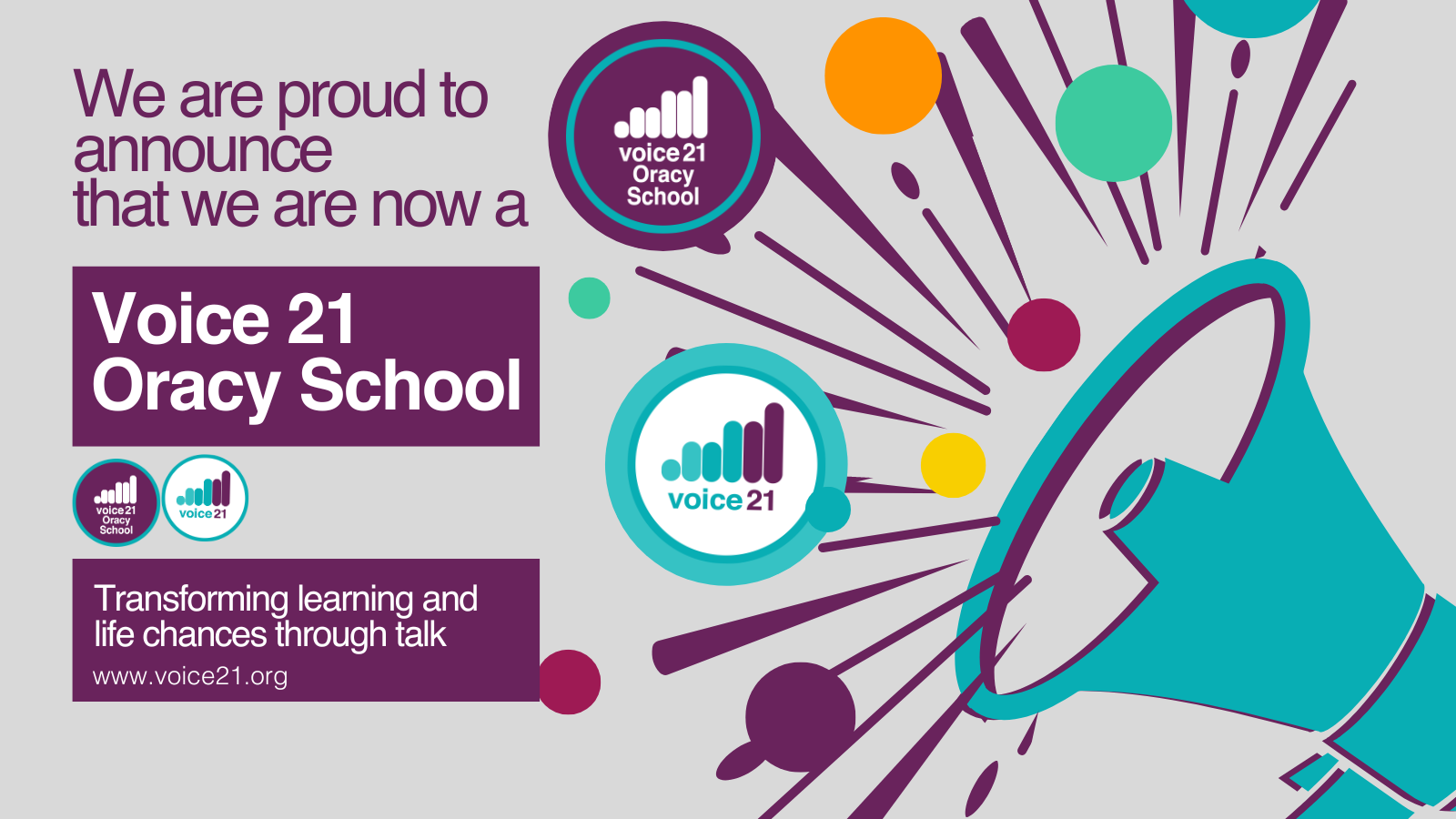
We’re a Voice 21 Oracy School.
We are part of a network of over a thousand Voice 21 Oracy Schools across the UK who are transforming teaching and learning through talk.
Oracy is the ability to articulate ideas, develop understanding and engage with others through spoken language. In Voice 21 Oracy Schools students learn the oracy skills they need to succeed in school and in life.
Why oracy matters?
By teaching pupils to become effective speakers and listeners we empower them to better understand themselves, each other and the world around them.
We actively invest teaching time into creating "talk rich" classrooms, valuing every single student voice, boosting confidence and preparing our students for their futures.
- Speaking and listening skills are critical foundations for reading and writing.
- Students with better oral language skills are more likely to achieve the highest grades in GCSE Maths and English.
- Young people with good communication skills are less likely to have mental health difficulties.
As a Voice 21 Oracy School we put oracy at the heart of our teaching and learning across all subject areas enabling students to develop and deepen their knowledge and understanding through talk in the classroom.
In Voice 21 Oracy Schools:
- 89% of students agree/strongly agree that speaking and listening has helped them make progress with their school work.
- 77% of teachers said that oracy had boosted attainment.
- 96% of teachers said that oracy is an essential part of teaching and learning.
Find out more about oracy and Voice 21 here
About Voice 21
Voice 21 is the UK’s oracy education charity. It works with schools to transform the learning and life chances of young people through talk so that all children can use their voice for success in school and in life. Since its launch in 2015 it has worked with over 1200 schools and 10,000 teachers across the UK, reaching more than 290,000 students through its work.
Oracy is the ability to articulate ideas, develop understanding and engage with others through spoken language. In school, oracy is a powerful tool for learning; by teaching students to become more effective speakers and listeners we empower them to find their voice for success in school and life. It underpins young people’s progress and development: their literacy and numeracy, academic attainment, wellbeing, confidence and future prospects in further or higher education and employment.

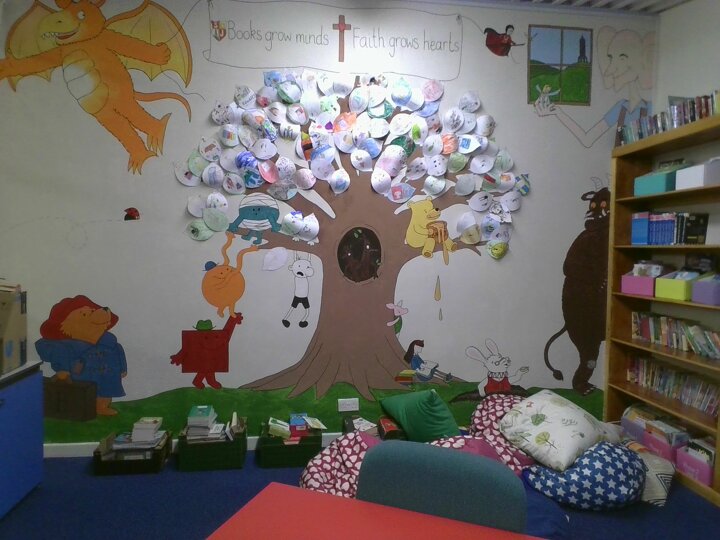
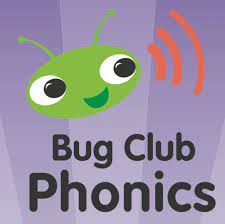
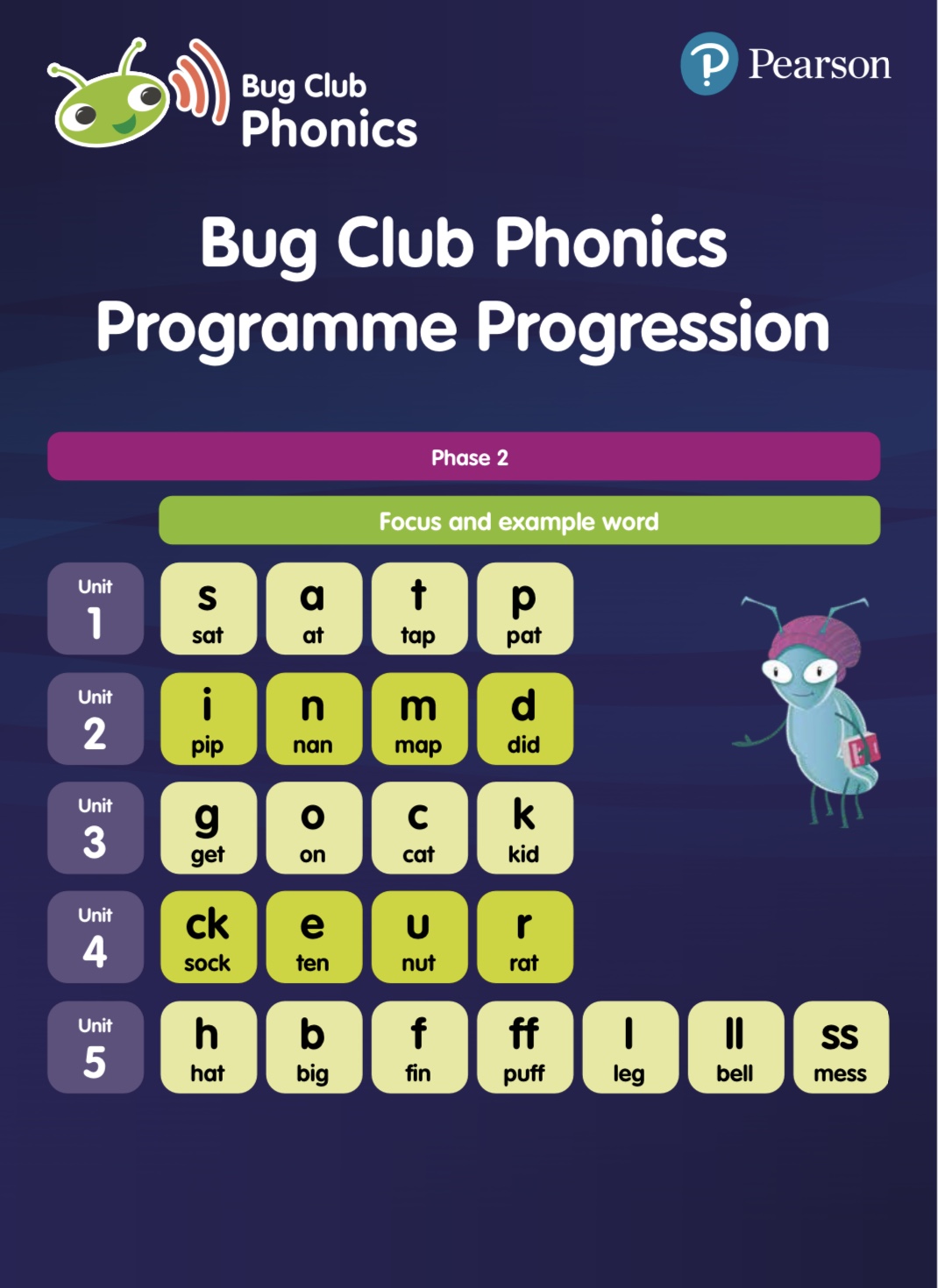
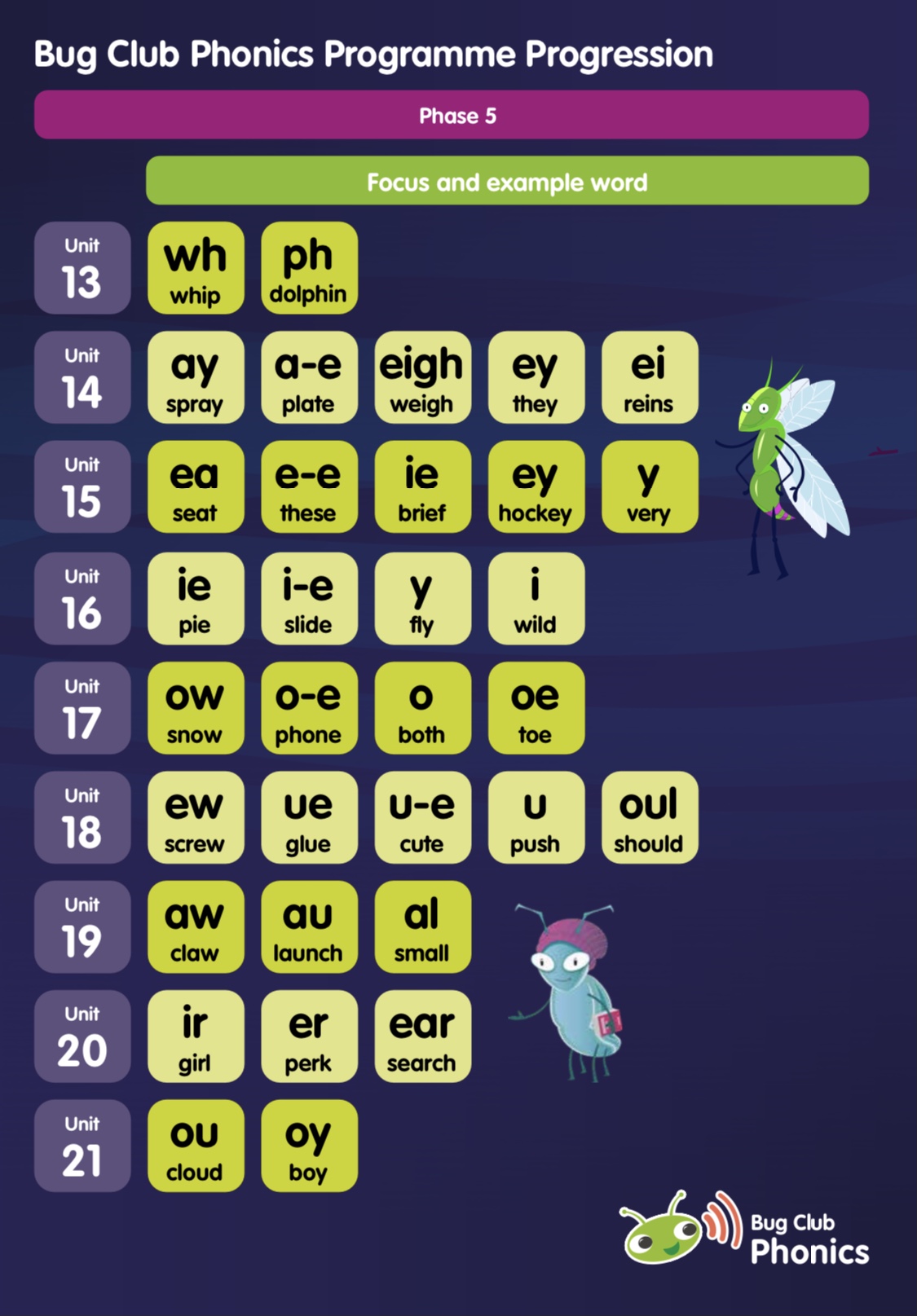
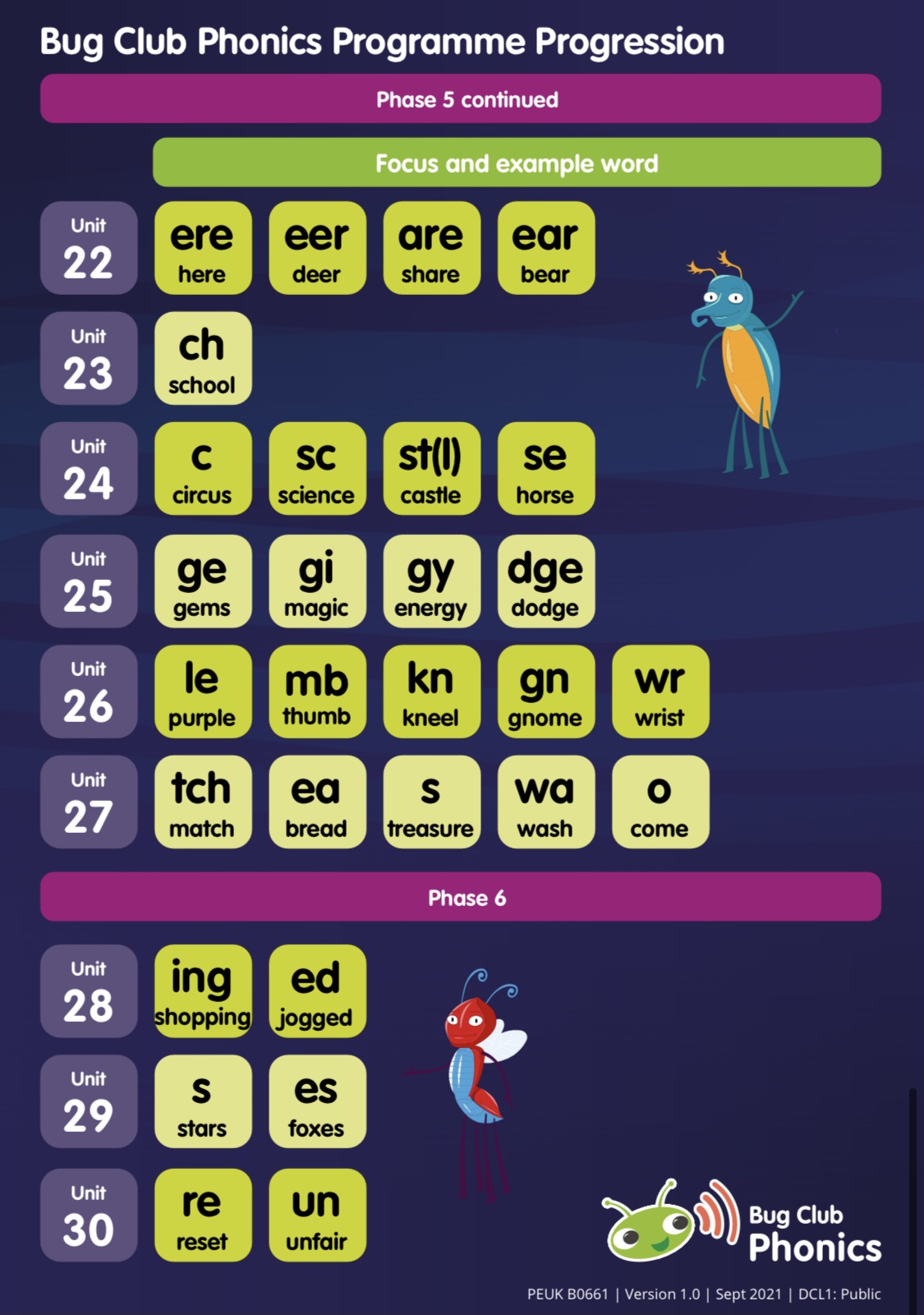

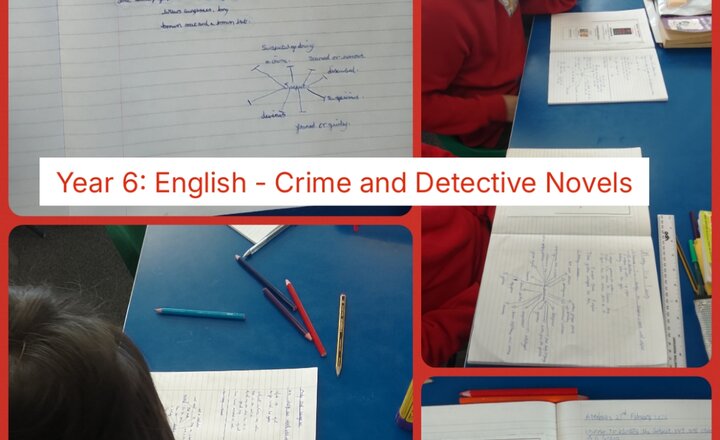
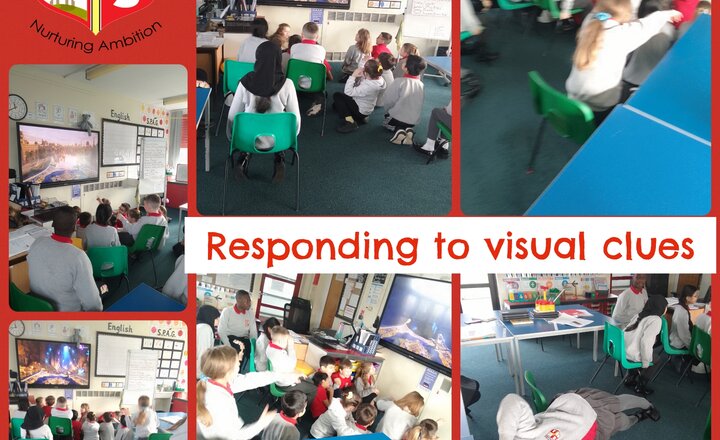
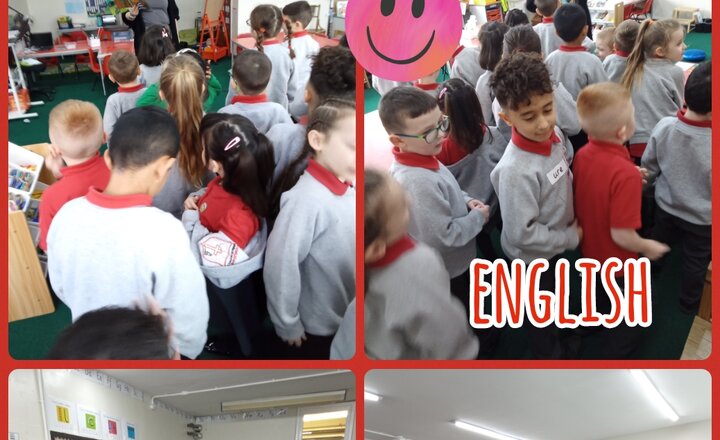
.png)
